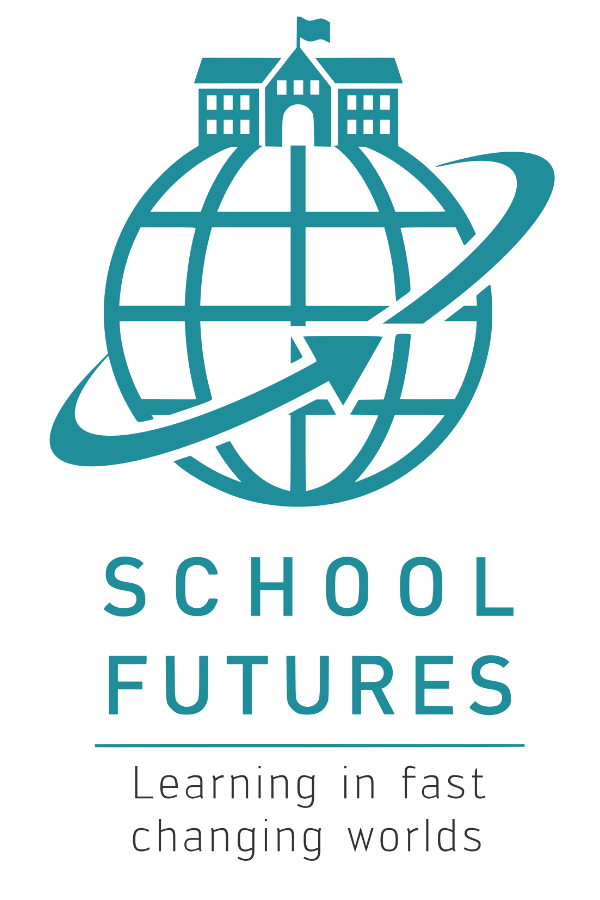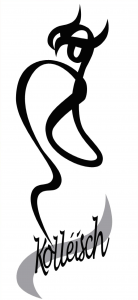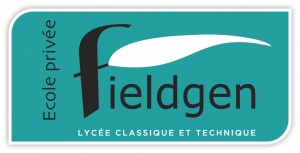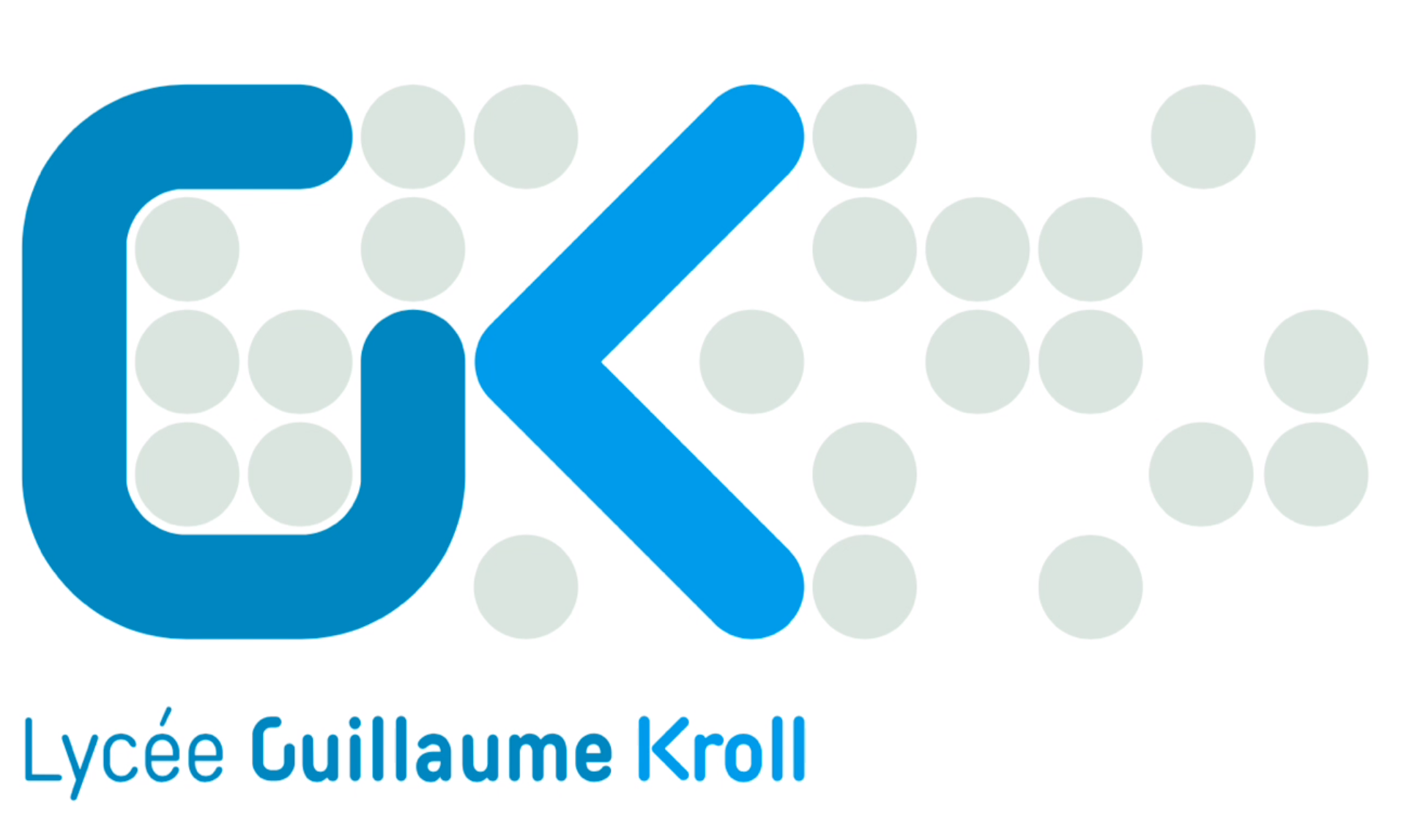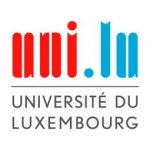SCHOOL FUTURES
Researchers of the SCHOOL FUTURES Project stage a collaborative process for sustainable school development by developing methods for learning to think in terms of complex systems and open futures. The process targets learning at three levels:
- By individual students and teachers in class and in interdisciplinary projects: The researchers are developing learning concepts, methods and materials for future-oriented systems thinking in class or interdisciplinary project work with engaged students and teachers.
- Learning at the level of the school: Within the remit of new legislation for school development, researchers offer workshops to develop a school vision and additional activities that can be drawn upon by participating schools for school development.
- Insights drawn from working with three schools and the SCRIPT can inform about conditions for successful embedding learning opportunities for future-oriented systems thinking in the national curriculum.

